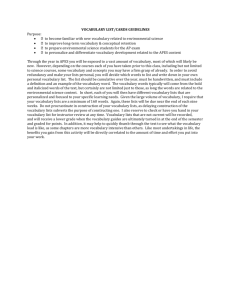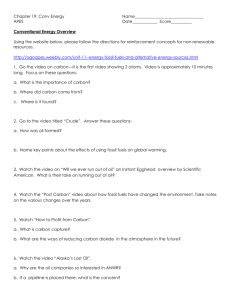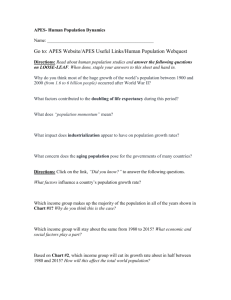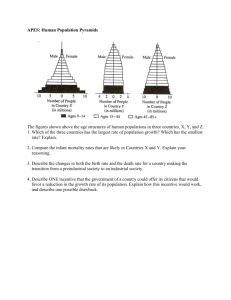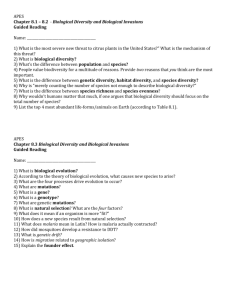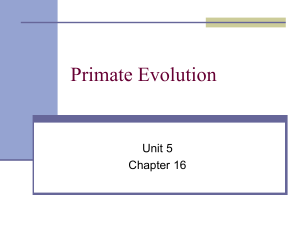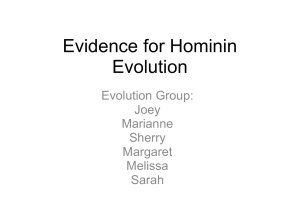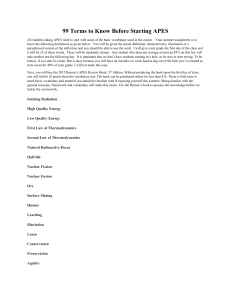2013年1月12日托福写作真题回忆
advertisement
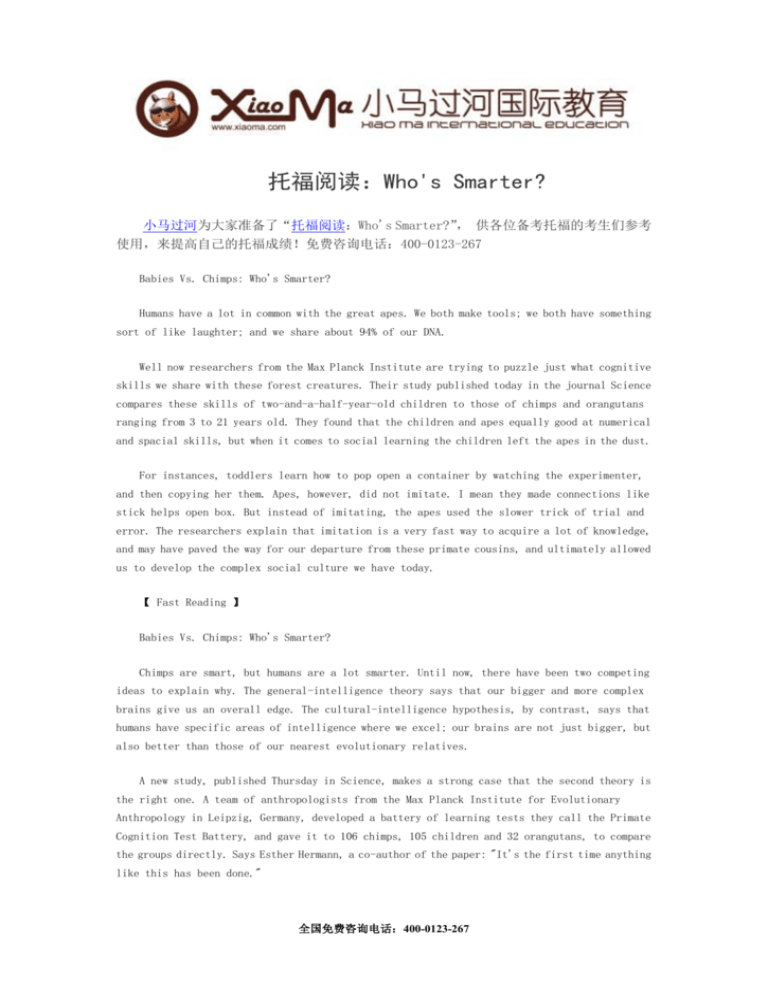
托福阅读:Who's Smarter? 小马过河为大家准备了“托福阅读:Who's Smarter?” , 供各位备考托福的考生们参考 使用,来提高自己的托福成绩!免费咨询电话:400-0123-267 Babies Vs. Chimps: Who's Smarter? Humans have a lot in common with the great apes. We both make tools; we both have something sort of like laughter; and we share about 94% of our DNA. Well now researchers from the Max Planck Institute are trying to puzzle just what cognitive skills we share with these forest creatures. Their study published today in the journal Science compares these skills of two-and-a-half-year-old children to those of chimps and orangutans ranging from 3 to 21 years old. They found that the children and apes equally good at numerical and spacial skills, but when it comes to social learning the children left the apes in the dust. For instances, toddlers learn how to pop open a container by watching the experimenter, and then copying her them. Apes, however, did not imitate. I mean they made connections like stick helps open box. But instead of imitating, the apes used the slower trick of trial and error. The researchers explain that imitation is a very fast way to acquire a lot of knowledge, and may have paved the way for our departure from these primate cousins, and ultimately allowed us to develop the complex social culture we have today. 【 Fast Reading 】 Babies Vs. Chimps: Who's Smarter? Chimps are smart, but humans are a lot smarter. Until now, there have been two competing ideas to explain why. The general-intelligence theory says that our bigger and more complex brains give us an overall edge. The cultural-intelligence hypothesis, by contrast, says that humans have specific areas of intelligence where we excel; our brains are not just bigger, but also better than those of our nearest evolutionary relatives. A new study, published Thursday in Science, makes a strong case that the second theory is the right one. A team of anthropologists from the Max Planck Institute for Evolutionary Anthropology in Leipzig, Germany, developed a battery of learning tests they call the Primate Cognition Test Battery, and gave it to 106 chimps, 105 children and 32 orangutans, to compare the groups directly. Says Esther Hermann, a co-author of the paper: "It's the first time anything like this has been done." 全国免费咨询电话:400-0123-267 The three groups performed about equally well on "physical learning" — locating hidden objects, figuring out the source of a noise, understanding the concepts of more and less, using a stick to get something that's out of reach. And indeed, the kids were of an age — 2 1/2 years old — where it's widely known that they do perform about as well as chimps in such tests. So for example, the scientists would hide a treat of some kind — a toy, or some food — behind a box, while the test subjects looked on. The kids, chimps and orangs would have to be sophisticated enough to know that the object disappearing from view didn't mean it stopped existing, and had to be able to figure out where it had gone. All three groups did equally well at this sort of thing. But when it came to "social learning" tasks — such as understanding how to solve a problem by watching someone else do it, figuring out someone else's state of mind from their actions, or using nonverbal communication to explain or understand how to find something — the kids made monkeys of the apes. In one test, for example, researchers showed both groups how to open up a plastic tube to get at a treat. The children learned by watching, and opened it as the adults did. The apes tended to just chew the tube open. In another, researchers would hide the treat while the test subjects were present. Then the subjects would have to find it, with the only clue being that the scientists would look toward the hiding place. Again, the kids beat the apes soundly. If the kids had outperformed the apes across the board, on both types of task, it would have supported the "just generally smarter overall" theory. The fact that the children excelled in specific areas suggest it's the other theory that's right — that our ability to cooperate and share expertise has allowed us to build complex societies, collaborate and learn from each other at a high level, and use symbolic representation (writing, numerals, imagery) to communicate ideas. The question of exactly what it is that makes humans special, in short, may be on the way to being solved. 来源于:小马过河 相关推荐: 托福阅读常出现的9个深度句 托福阅读利剑之语法 托福阅读解题方法之《主旨题》 全国免费咨询电话:400-0123-267
